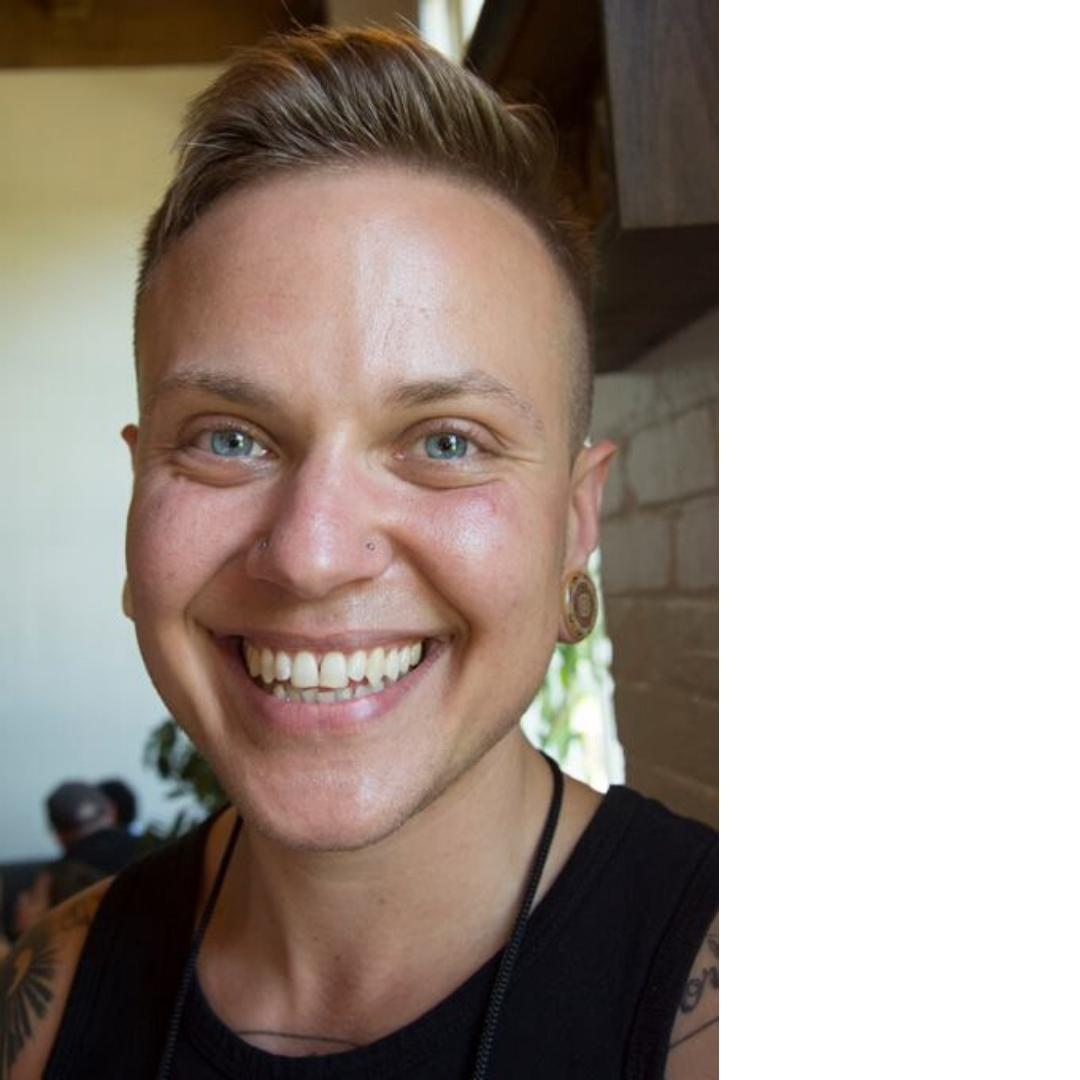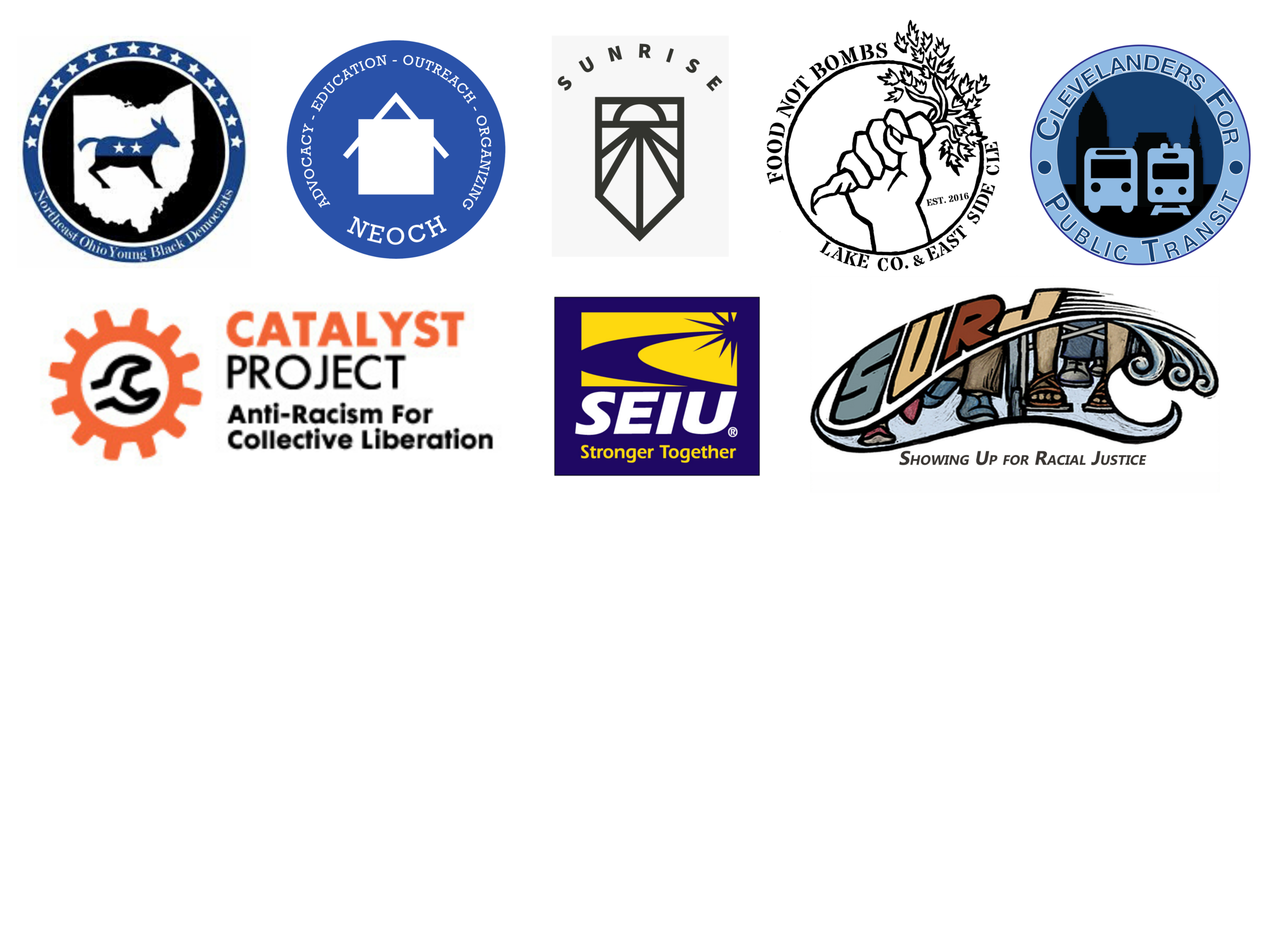Organizing 101: How to come together to create change in our community
Photo credit: Clevelanders for Public Transit
Friday, March 13th 2020, 10AM-5PM. 3631 Perkins Ave. Suite 3A-3 (Third Floor)
This workshop does not qualify for CEU credits. However, a certificate of completion can be provided.
Standard registration is $20, registration + certificate is $30. (Scholarships available for poor and working class organizers. Please email Maggie: rice@neoch.org)
Learn to identify the root causes of problems in your community, the key players involved, and how to come together to solve those problems through collective action. Participants will leave with the tools they need to make change: power mapping, lobbying, direct action tactics, and the relationship between labor and community organizing. Participants will also get a crash course in how to bring our best selves to cause: cultural competency, the anti-oppression lens, amplifying the voices of those most directly affected, and making movements accessible to everyone.
In the morning session, Avery will provide a framework for how we talk about organizing. They will discuss the interlocking privileges and oppressions that make up our identities, and how those influence how we show up to movements. From choosing which problems to organize around, to what strategies we use to solve those problems, the anti-oppression lens comes into play. Avery will work with participants to build the container we use the rest of the day to store knowledge on how to build collective power.
In the afternoon Akshai will launch into an in-depth discussion of strategy and tactics. He will describe the steps to bring a campaign to fruition, from concept to completion. From identifying a problem, to building capacity, choosing a target, and mobilizing people to push for change, Akshai will discuss organizing on a local and national scale.
Participants will also get a Know Your Rights presentation from Sarah, who will describe the protections afforded to organizers, and how to exercise their rights to free speech and freedom of assembly.
Camilo will describe his approach to labor focused movement organizing, and outline the connections between workers’ rights and human rights. He will discuss the importance of inter-organizational solidarity, and how we can all build stronger movements together.
Lunch will be provided by Food Not Bombs, a solidarity-not-charity organization that provides food support to people engaged in struggle. Maggie Rice will go over resource mapping, how to find the tools within your community to carry out campaigns. Suncere Ali Shakur will describe how direct service and volunteerism can be used as a form of direct action, as well as support others taking action to create change.
After gaining the basics, participants will be invited by Bishop to design a campaign around an issue they care about. They will break up into small groups based on shared interest, then come up with a strategy to solve a hypothetical problem.
Register here
Meet the Presenters
Akshai Singh
Sunrise Movement,
Clevelanders for
Public Transit
(he/him, they/them)
Akshai is an experienced organizer in the fields of public transit riders’ rights, as well as environmental justice. He has organized several successful campaigns to reform Cleveland Regional Transit Authority policy, and now works to combat climate catastrophe.
Avery Martens
Showing Up for Racial Justice,
Jail Coalition,
Catalyst Project
(they/them)
Avery wears many hats, and possesses a wide range of organizing and facilitation skills. They have recruited, trained and mobilized huge numbers of white folks against racism, and launched criminal justice reform campaigns.
Bishop Chui
Northeast Ohio Coalition for the Homeless,
NEO Black Democrats
Organize CLE
(he/him)
Bishop has worked in a diverse set of organizing spaces, from grassroots to national electoral politics. He has led successful racial justice campaigns, built vast networks of social change advocates of many different backgrounds, and has run for local office.
Sarah Gelsomino
National Lawyers Guild,
Friedman and Gilbert
(she/her)
Sarah is an attorney who has both practiced and taught civil rights law. Her practice is also dedicated to first amendment litigation, criminal defense, and representing incarcerated people in post-conviction proceedings and in challenging the conditions of their confinement.
Camilo José Villa
Service Employees International Union
(he/him)
Camilo has mobilized service workers to organize around their shared interests, as well as build solidarity with other movements. He has done grassroots immigrant rights organizing, as well as engaging in electoral politics.
Suncere Ali Shakur
Wolf Pack Gunshot Response Team,
Mutual Aid Disaster Relief
(he/him)
Suncere, aka Sunni, has been doing mutual aid work and grassroots organizing for the last two decades. He has trained community members in first aid and emergency response. He has organized hurricane relief and has impacted countless lives.
Maggie Rice
NEOCH,
Food Not Bombs,
Organize Lake County
(she/her)
Maggie is has a background in working class, anti-racist, anti-poverty, and food justice organizing. She has organized grassroots campaigns, as well as providing support to other organizations and individuals.









